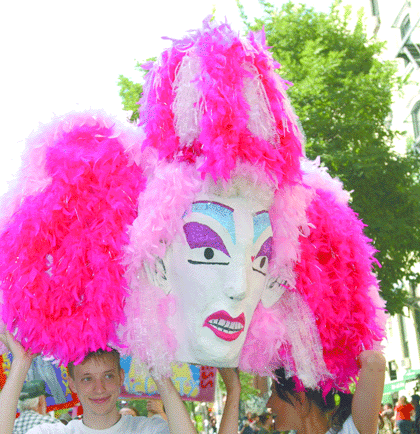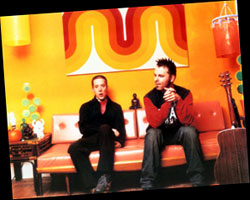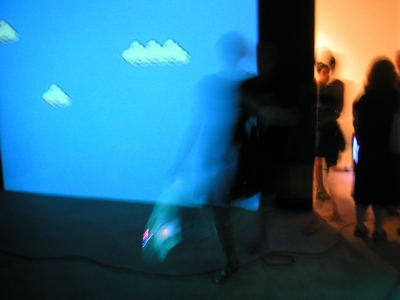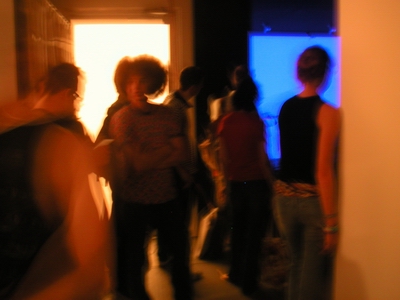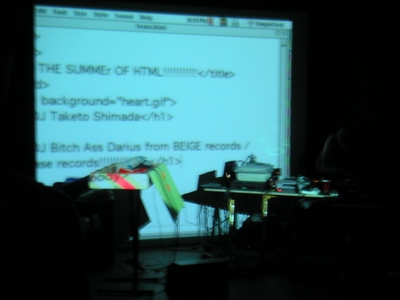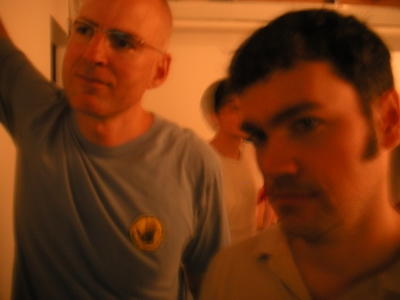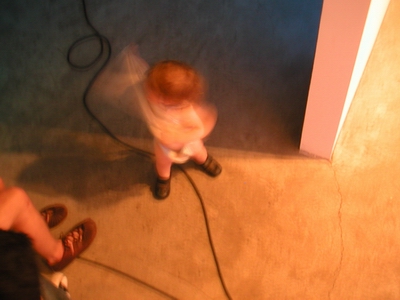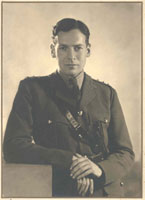
Frank Templeton Prince
A soldier and a poet died on Thursday.
In 1942 he wrote what some say is the greatest poem of a great war, not the Great War, but the one which seems to have been strangely niggard in inspiring great verse. It was a war which is now almost dead to us all, having been succeeded by so many unnecessary imitators which have perhaps been even more successful in killing poets.
An interesting man, and an interesting poem.
SOLDIERS BATHING
The sea at evening moves across the sand.
Under a reddening sky I watch the freedom of a band
Of soldiers who belong to me. Stripped bare
For bathing in the sea, they shout and run in the warm air;
Their flesh, worn by the trade of war, revives
And my mind towards the meaning of it strives.
All's pathos now. The body that was gross
Rank, ravenous, disgusting in the act or in repose,
All fever, filth and sweat, its bestial strength
And bestial decay, by pain and labour grows at length
Fragile and luminous. 'Poor bare forked animal,'
Conscious of his desires, and needs and flesh that rise and fall
Stands in the soft air, tasting after toil
The sweetness of his nakedness: letting the sea-waves coil
Their frothy tongues about his feet, forgets
His hatred of the war, its terrible pressure that begets
A machinery of death and slavery,
Each being a slave and making slaves of others: finds that he
Remembers his old freedom in a game,
Mocking himself, and comically mimics fear and shame.
He plays with death and animality;
And reading in the shadows of his pallid flesh, I see
The idea of Michelangelo's cartoon
Of soldiers battling, breaking off before they were half done
At some sortie of the enemy, an episode
Of the Pisan wars with Florence. I remember how he showed
Their muscular limbs that clamber from the water,
And heads that turn across the shoulder, eager for the slaughter,
Forgetful of their bodies that are bare,
And hot to buckle on and use the weapons lying there.
- And I think too of the theme another found
When, shadowing men's bodies on a sinister red ground,
Another Florentine, Pollaiuolo,
Painted a naked battle: warriors, straddled, hacked the foe,
Dug their bare toes into the ground and slew
The brother-naked man who lay between their feet and drew
His lips back from his teeth in a grimace.
They were Italians who knew war's sorrow and disgrace
And showed the thing suspended, stripped: a theme
Born out of the experience of war's horrible extreme
Beneath a sky where even the air flows
With lacrimae Christi. For that nice, that bitterness, those blows,
That hatred of the slain, what could they be
But indirectly or directly a commentary
On the Crucifixion? And the picture burns
With indignation and pity and despair by turns,
Because it is the obverse of the scene
Where Christ hangs murdered, stripped, upon the Cross. I mean,
That is the explanation of its rage.
And we too have our bitterness and pity that engage
Blood, spirit, in this war. But night begins,
Night of the mind: who nowadays is conscious of our sins?
Though every human deed concerns our blood,
And even we must know, what nobody has understood,
That some great love is over all we do,
And that is what has driven us to this fury, for so few
Can suffer all the terror of that love:
The terror of that love has set us spinning in this groove
Greased with our blood.
These dry themselves and dress,
Combing their hair, and lose the fear and shame of nakedness.
Because to love is frightening we prefer
The freedom of our crimes. Yet, as I drink the dusky air,
I feel a strange delight that fills me full,
Strange gratitude as if evil itself were beautiful,
And kiss the wound in thought, while in the west
I watch a streak of red that might have issued from Christ's breast.
F. T. Prince
Collected Poems 1935-1992
(Manchester: Carcanet Press, 1993)
Well, maybe you had to be there. The Guardian comments on the aspect of the poem which most grates on modern ears, and relates its parochial imagery to what are its clearly homoerotic elements.
The poem culminates in a powerful, yet ambivalent, evocation of the naked Christ on the cross, the blood issuing from his wound being somehow as lovely as the sunset. Throughout the poem, the unassailable force of weaponry is contrasted with the vulnerability of the naked body.
But then ends its obituary with some words of comfort on the subject of this family man's religiosity.
A devout Catholic convert, he nevertheless believed that literature could "emancipate one from oneself", and confessed that he had become irritated [while teaching] in Jamaica at having to contend with students who would only read books written from a religious point of view.
___________________
Note to all noble guardians of literary standards: Each of the two sources to which I referred for the complete text of the poem had its own typographical problems, including errant words, spellings and punctuation. I've examined both to complete the text I show above; I hope it's some improvement.
[image from University of Southampton]
